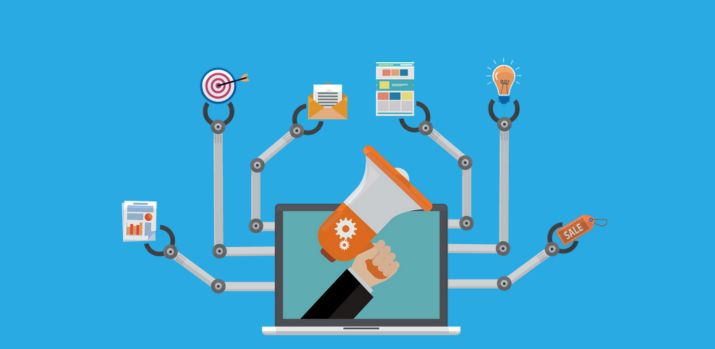Marketing Automation: Streamlining Your Campaigns for Efficiency
Marketing automation has been a buzzword in the world of digital marketing for quite some time now. It refers to the use of software and technology to automate repetitive tasks in the marketing process, making it more efficient and streamlined.
By automating tasks such as lead generation, email marketing, and social media marketing, companies can save time and resources while also increasing their revenue and customer engagement.
In this article, we’ll discuss the benefits of marketing automation and how it can help streamline your marketing campaigns for maximum efficiency.
Benefits of Marketing Automation
- Time-saving: Marketing automation eliminates the need for manual and repetitive tasks, allowing marketers to focus on more strategic and creative aspects of marketing campaigns.
- Personalization: With marketing automation, it’s easier to personalize marketing messages based on customer data, such as purchase history, behavior, and preferences. This leads to higher engagement rates and better ROI.
- Scalability: Marketing automation makes it easier to scale marketing efforts, as campaigns can be replicated and automated with minimal effort.
- Data-driven: Marketing automation provides valuable data and insights into the performance of marketing campaigns, allowing marketers to optimize and improve their campaigns over time.
- Lead generation: Marketing automation tools make it easier to generate leads and nurture them through the sales funnel, increasing the chances of converting them into customers.
How Marketing Automation Works
Marketing automation involves the use of software and technology to automate repetitive marketing tasks. This includes email marketing, social media marketing, lead generation, and more. The process typically involves the following steps:
- Data collection: Marketing automation tools collect data on customers, including their behavior, preferences, and purchase history.
- Segmentation: The collected data is then used to segment customers based on various criteria, such as demographics, behavior, and preferences.
- Automated campaigns: Based on the segmentation, automated campaigns are created and launched, including email campaigns, social media campaigns, and more.
- Analytics and optimization: The performance of these campaigns is then tracked and analyzed, allowing marketers to optimize and improve their campaigns over time.
Examples of Marketing Automation
- Email marketing: Email marketing is a common use case for marketing automation, as it involves sending targeted emails to segmented lists of customers. With marketing automation, emails can be triggered based on various criteria, such as sign-ups, purchases, or website visits.
- Social media marketing: Social media marketing can also be automated, with tools that allow marketers to schedule posts and monitor engagement across various social media channels.
- Lead generation: Marketing automation can be used to generate leads through targeted campaigns, such as landing pages and forms that capture customer data.
- Customer retention: Marketing automation can also be used to retain existing customers through personalized campaigns, such as loyalty programs and targeted offers.
Conclusion
Marketing automation is a powerful tool that can help streamline marketing campaigns and increase efficiency. By automating repetitive tasks, marketers can save time and resources while also increasing revenue and customer engagement. With the right tools and strategies in place, marketing automation can be a game-changer for businesses looking to scale their marketing efforts and improve their ROI.



